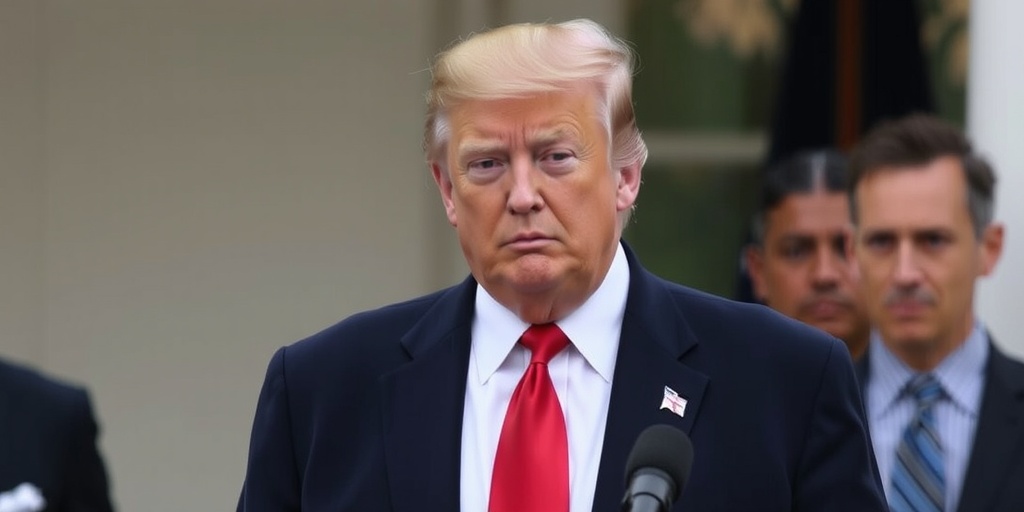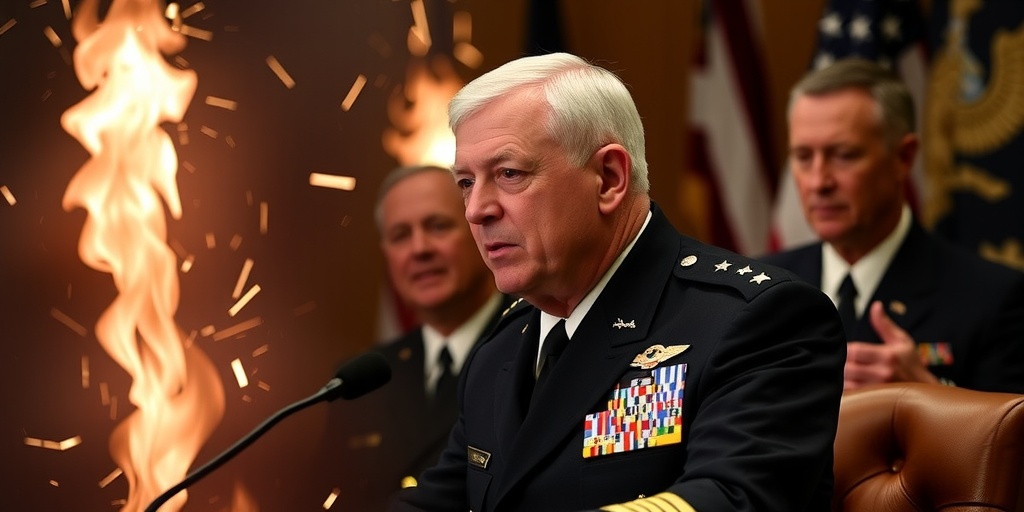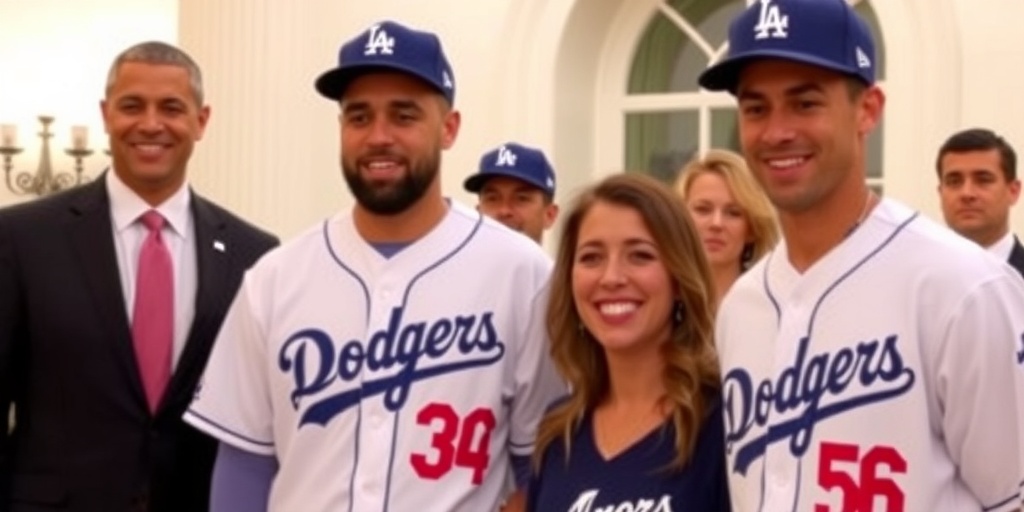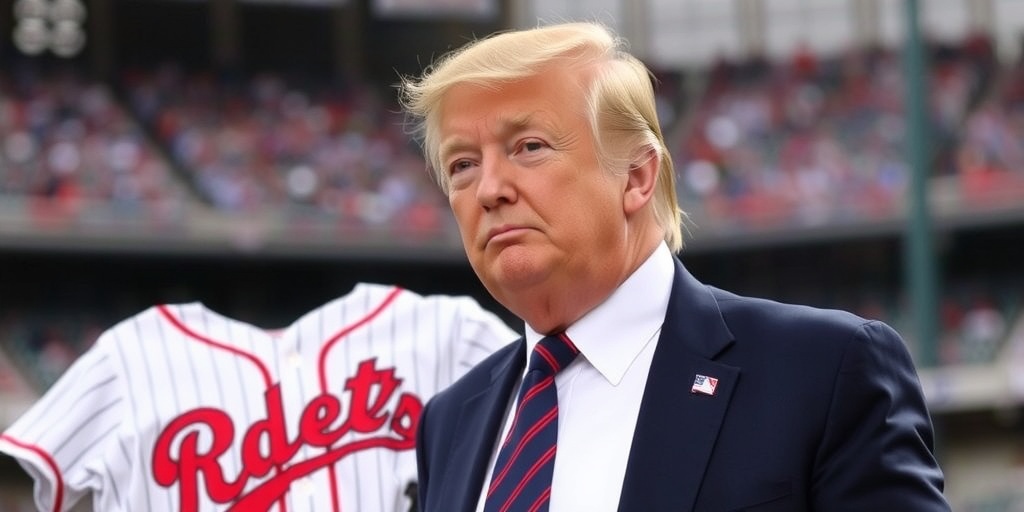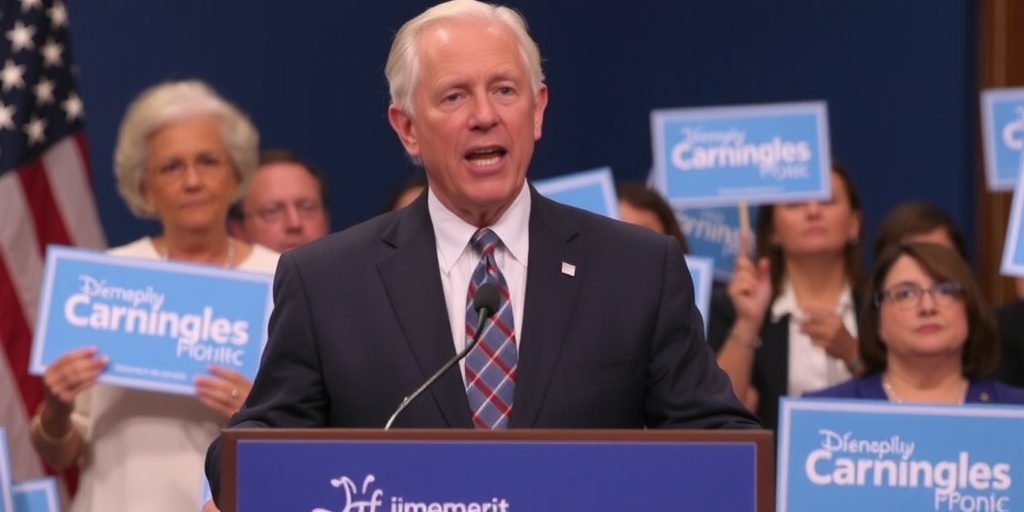Now Reading: Trump-Criticizes-Zelensky-in-Tense-White-House-Meeting
-
01
Trump-Criticizes-Zelensky-in-Tense-White-House-Meeting
Trump-Criticizes-Zelensky-in-Tense-White-House-Meeting
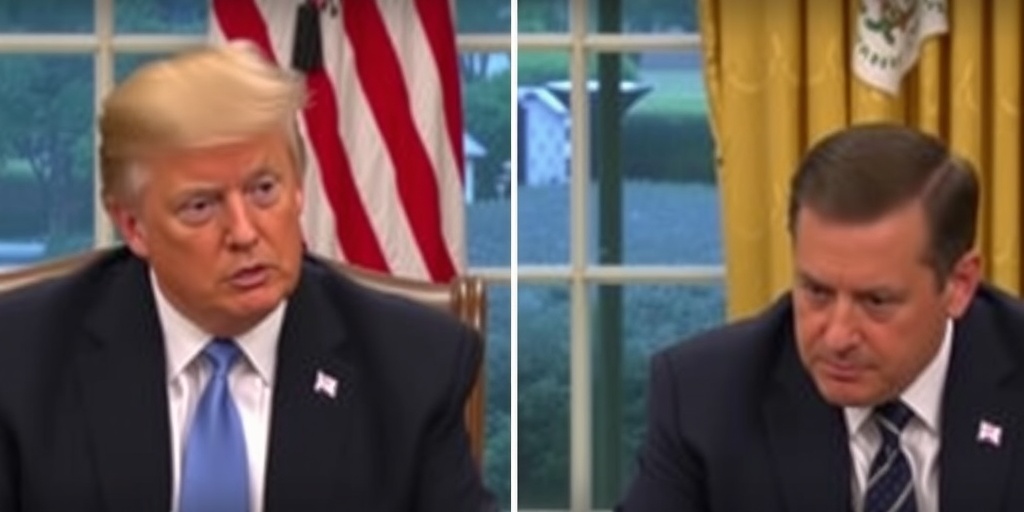
Title: Tensions Flare as President Trump Criticizes Ukrainian President Zelensky During Oval Office Meeting
In an unprecedented display of hostility, President Trump and Vice President JD Vance confronted Ukrainian President Volodymyr Zelensky during a highly publicized Oval Office meeting on Friday. The encounter not only cut short a diplomatic visit intended to foster peace but also erupted into an exchange marked by accusations and raised voices, signaling a stark escalation in U.S.-Ukraine relations.
The Oval Office became the stage for a contentious dialogue as Trump and Vance openly criticized Zelensky for what they perceived as a lack of gratitude for U.S. support in Ukraine’s ongoing conflict with Russia. The heated confrontation culminated in Trump threatening to withdraw U.S. support for Ukraine altogether if Zelensky did not acquiesce to American demands regarding peace negotiations. Following this tense exchange, the planned joint news conference, alongside a ceremonial signing of a deal involving rare minerals, was abruptly canceled, with Zelensky leaving the White House visibly upset.
Expressing his sentiments on social media after the meeting, Trump stated, “I have determined that President Zelenskyy is not ready for Peace if America is involved, because he feels our involvement gives him a big advantage in negotiations. He disrespected the United States of America in its cherished Oval Office. He can come back when he is ready for Peace.” This uncharacteristic outburst against a leader of a nation under siege drew widespread attention and condemnation, with many questioning the diplomatic implications of Trump’s words.
In the aftermath of the meeting, Senator Lindsey Graham, a staunch Trump ally, suggested that Zelensky should consider resigning or changing his approach in dealing with the U.S. "He either needs to resign and send somebody over that we can do business with or he needs to change,” Graham remarked, underscoring the administration’s shift in tone towards Ukraine. This public display of anger from Trump, directed at a relatively new ally during a time of war, has not been seen in modern American politics.
The heated exchanges continued as Vice President Vance chimed in, accusing Zelensky of disrespect and suggesting he should publicly thank Trump for efforts to forge peace with Russia. Trump’s tone escalated as he asserted, "You’re not really in a good position right now," warning of the consequences of not aligning with American directives. The directness of their approach raised eyebrows, especially given Ukraine’s precarious situation since the Russian invasion.
Significantly, this confrontation marks a notable shift in U.S. foreign policy just six weeks into Trump’s new term in office. Trump’s fondness for Putin and disdain for Zelensky painted a worrying picture for Ukraine’s support in Washington. The Russian government appeared to revel in the discord, with Dmitri A. Medvedev, a senior aide to Putin, mocking Zelensky’s position on social media, suggesting the U.S. had finally reprimanded him suitably.
Reactions from Europe and traditional U.S. allies were swift, with a chorus of leaders from various nations reaffirming their commitment to backing Ukraine. Statements of solidarity came from countries including France, Germany, Poland, and many others, all expressing alarm at the apparent shift in American rhetoric and support. The diplomatic fallout continued to spread as news of the clash reached beyond U.S. borders.
Despite the turmoil, Zelensky attempted to salvage relations through social media, expressing gratitude for American support. In a later interview, he reiterated his appreciation for the U.S. but refrained from issuing an apology regarding the contentious exchange that transpired.
Trump, however, remained unsatisfied, insisting that Zelensky’s actions were indicative of an unwillingness to pursue peace, remarking that the Ukrainian president seemed more focused on continuing the conflict rather than negotiating a resolution. This sentiment directly contradicts the sentiments expressed by Zelensky, who emphasized the dire situation his country faces and the need for continued support from the U.S.
The unfolding drama raised questions about the viability of the minerals deal, which was supposed to be a key component of Zelensky’s visit. Republican concerns about Zelensky’s approach were echoed by Trump’s circle, who seemed more focused on maintaining a tough stance than fostering cooperation.
As reactions poured in from supporters and critics alike, it became clear that Trump’s confrontation with Zelensky has widened the divide not just between the U.S. and Ukraine, but also among the American political landscape regarding foreign policy towards Russia and its friends. The escalatory rhetoric and public denouncements from top officials raised concerns about the future of U.S.-Ukraine relations during a critical juncture in the ongoing conflict against Russian aggression.
In the end, the encounter highlighted a significant pivot in the U.S.’s traditional stance on foreign aid and alliances, leaving Ukraine’s future support and stability hanging in the balance—and igniting a fierce debate among lawmakers and foreign leaders about the direction of American diplomacy on the world stage.
Stay Informed With the Latest & Most Important News
Previous Post
Next Post
-
 01New technology breakthrough has everyone talking right now
01New technology breakthrough has everyone talking right now -
 02Unbelievable life hack everyone needs to try today
02Unbelievable life hack everyone needs to try today -
 03Fascinating discovery found buried deep beneath the ocean
03Fascinating discovery found buried deep beneath the ocean -
 04Man invents genius device that solves everyday problems
04Man invents genius device that solves everyday problems -
 05Shocking discovery that changes what we know forever
05Shocking discovery that changes what we know forever -
 06Internet goes wild over celebrity’s unexpected fashion choice
06Internet goes wild over celebrity’s unexpected fashion choice -
 07Rare animal sighting stuns scientists and wildlife lovers
07Rare animal sighting stuns scientists and wildlife lovers













